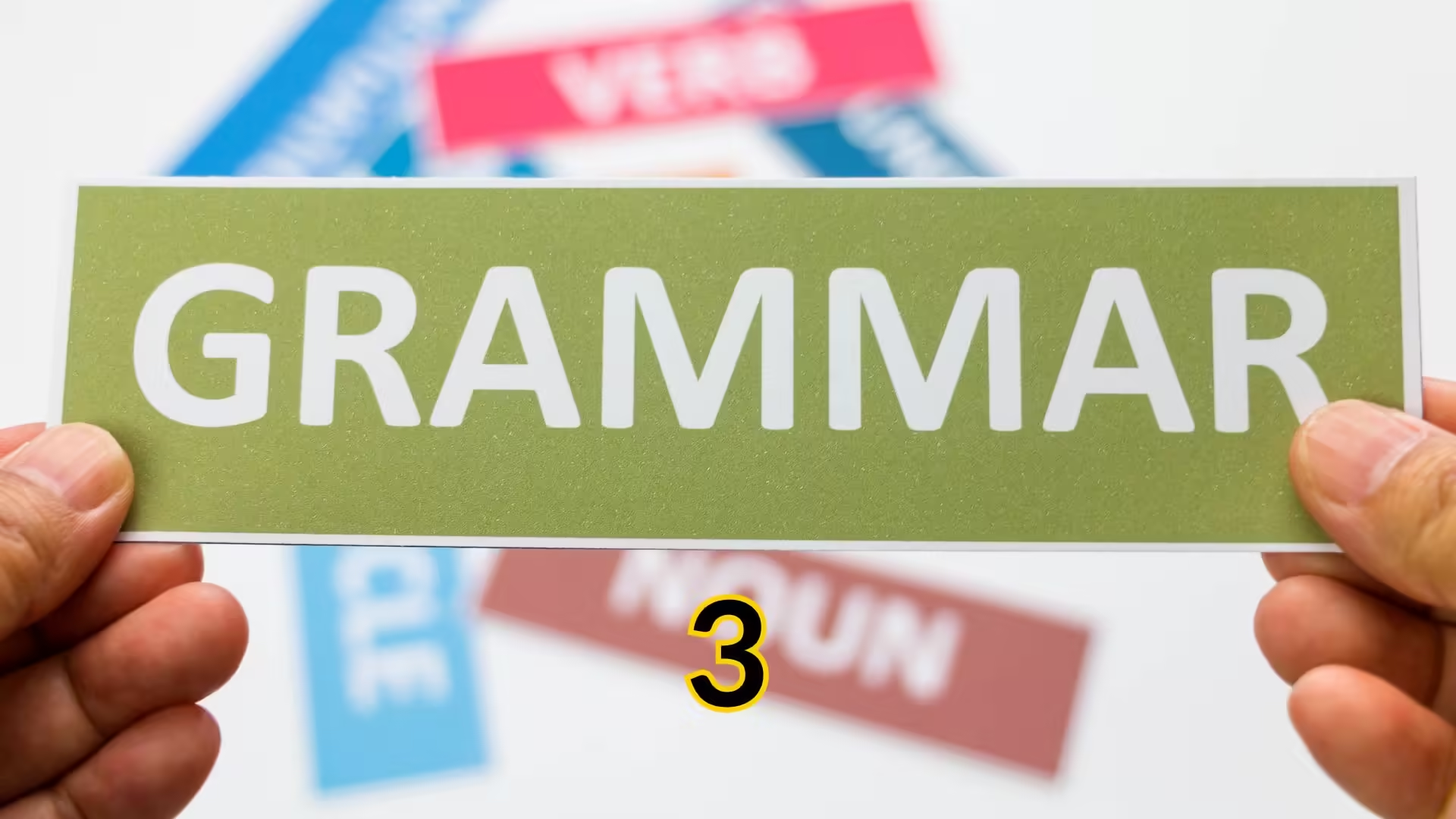Lesson 11: Using Present Tenses for the Future – I am doing / I do
Talking About the Future with Present Tenses
Why use present tenses to talk about the future? Welcome to English’s little twist! Present tenses can confidently describe future plans or scheduled events, adding a sense of immediacy or certainty. Use the present continuous to talk about arranged plans like, “I’m meeting Sarah later,” and opt for the present simple for set schedules like, “The bus leaves at 9 AM.”
Quick Tips:
- Use the present continuous for personal plans (e.g., “I’m visiting my grandma tomorrow”).
- Use the present simple for fixed schedules (e.g., “The train departs at 6 PM”).
- Add adverbs like tomorrow or next week to clarify the timing.
Experiment by planning your day: “What are you doing tomorrow?” vs. “When does class end?”
Lesson 12: Future with “Going to” – I am going to do
Planning and Predicting with ‘Going to’
“Going to” bridges future intentions and predictions based on present evidence. It’s perfect for sharing planned actions like, “I’m going to cook dinner,” and predicting outcomes when you see signs, “It’s going to rain.”
How ‘Going to’ Stands Out:
- Use it for pre-planned actions: “We’re going to watch a movie tonight.”
- Predict the future from evidence: “Look at those clouds—it’s going to storm.”
- Practice with common questions like, “Are you going to the gym later?”
Lesson 13: Future with “Will” and “Shall” – I will / I shall
Mastering Future Promises and Predictions
‘Will’ is your go-to for spontaneous decisions and promises: “I’ll help you with that.” It also expresses predictions based on intuition: “You’ll love this book.” Meanwhile, ‘shall,’ though more formal, shines in polite suggestions: “Shall we go for a walk?”
Key Uses:
- Will for instant promises: “I’ll call you tonight.”
- Shall for polite offers: “Shall we meet at noon?”
- Negative forms: “I won’t be able to come,” or “He shan’t attend the meeting” (formal).
Lesson 14: Future Continuous and Future Perfect – I will be doing / I will have done
Progress and Completion in the Future
These advanced forms capture future actions in two ways:
- Future continuous describes ongoing actions at a specific time (e.g., “I’ll be working at 9 AM”).
- Future perfect highlights actions completed by a certain point (e.g., “I’ll have finished the project by tomorrow”).
Practical Uses:
- Use future continuous to talk about what will be happening: “What will you be doing at 7 PM?”
- Use future perfect for deadlines: “I’ll have completed the report by Friday.”
Lesson 15: If and When – When I do vs. When I’ve done
Navigating Future Conditions with ‘If’ and ‘When’
‘If’ introduces possibilities: “If it rains, we’ll stay inside.” Meanwhile, ‘when’ expresses certainty: “When the rain stops, we’ll head out.” Master the difference between when I do (focusing on the action) and when I’ve done (highlighting the result).
Pro Tips:
- Use if for uncertain events: “If I finish early, I’ll call you.”
- Use when for expected outcomes: “When I’ve completed the course, I’ll start applying for jobs.”
Wrap-Up: Mastering Future Forms for Clear Communication
Understanding the nuances of future forms allows you to speak about what’s ahead with clarity and precision. Use present tenses for future plans, ‘going to’ for intentions and evidence-based predictions, and ‘will’ for spontaneous offers and promises. Practice using future continuous for ongoing activities and future perfect to highlight completed tasks. Don’t forget the importance of if and when in future conversations to manage uncertainty and expectations.
What’s next on your agenda? Will you practice these forms in your conversations today? What are you going to do this weekend? Shall we wrap up here?
Enjoy exploring these tenses and making them part of your daily conversations. The more you practice, the more naturally they’ll flow!
Unlock the Full Episode
To listen to the full episode and gain access to our entire back catalogue of engaging discussions, become a premium subscriber on Apple Podcasts or Patreon. You’ll unlock exclusive content and dive deeper into thought-provoking stories and lessons!
Explore More on EnglishPlusPodcast.com
Make sure to check out our English Plus Magazinefor even more articles, vocabulary lessons, and our exciting new audio series available in our shop. Whether you’re looking to expand your knowledge or explore new perspectives, there’s something for everyone.









0 Comments